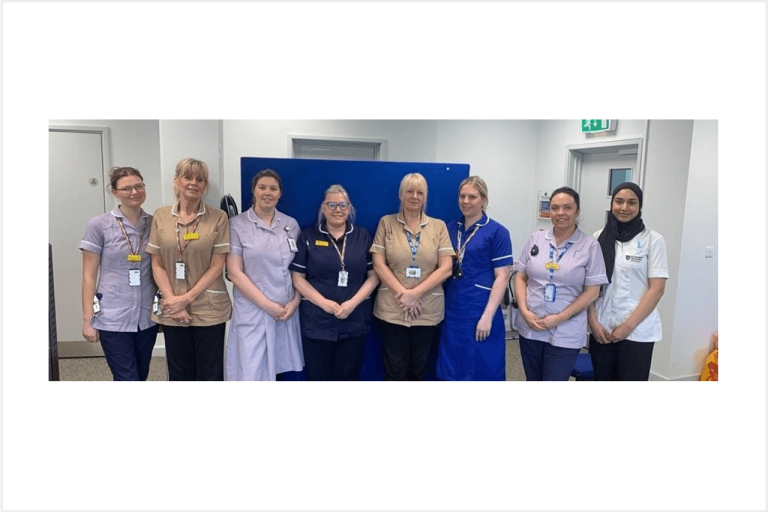We expect children and young people to reach certain targets as they grow up. These are called age-related expectations. They describe what most children and young people should know and be able to do based on their age.
You can see examples used by professionals in these documents:
Some children or young people might miss certain targets. They might also struggle to do certain things compared to children and young people of the same age. This might be because of a Special Educational Need and Disability (SEND).
It is important that any needs are recognised and understood as early as possible. Then support can be arranged to reduce any negative impact. This is done using the Descriptors of Need (DoN).

What happens when there is a concern?
Anyone can have a concern about a child's development. This includes:
- parents and carers
- health visitors
- Special Educational Needs Coordinators (SENCO) or teachers at the nursery or school
- early years practitioners (such as a nursery teacher or childminder) and teachers
- General Practitioners (GP)
It is important that any concern, no matter how big or small, is discussed. You can discuss it with anyone listed above, as well as with:
They can give advice and help with understanding the needs of the child.
What happens after a concern is discussed?
SENCOs and teachers can use school based tools, the Early Years Assessment Screen and Descriptor of Needs (DoN). This can help everyone understand:
- the level of need
- the type of support the child or young person may need
If more support is needed, then other professionals and teams may need to be contacted.
You can read the other pages in SEN support in schools and early years settings to learn more.
Opportunities to discuss and look at needs
Below are some examples. However, you can contact your school, setting or health person at any time!
| Visit with Health Visitor |
A health visitor is there to help you with your baby. They will visit you several times when your child is:
|
| Progress check at age 2 |
A review done by early years practitioners. It will look at:
Parents will be given a short written summary. |
| ASQ3 | A review done by parents/carers and health visitors. This happens after the child turns 24 months old. |
| Parent evenings | A chance to discuss progress and concerns with your child's teachers. This happens at least once a year at the school or educational setting. |
